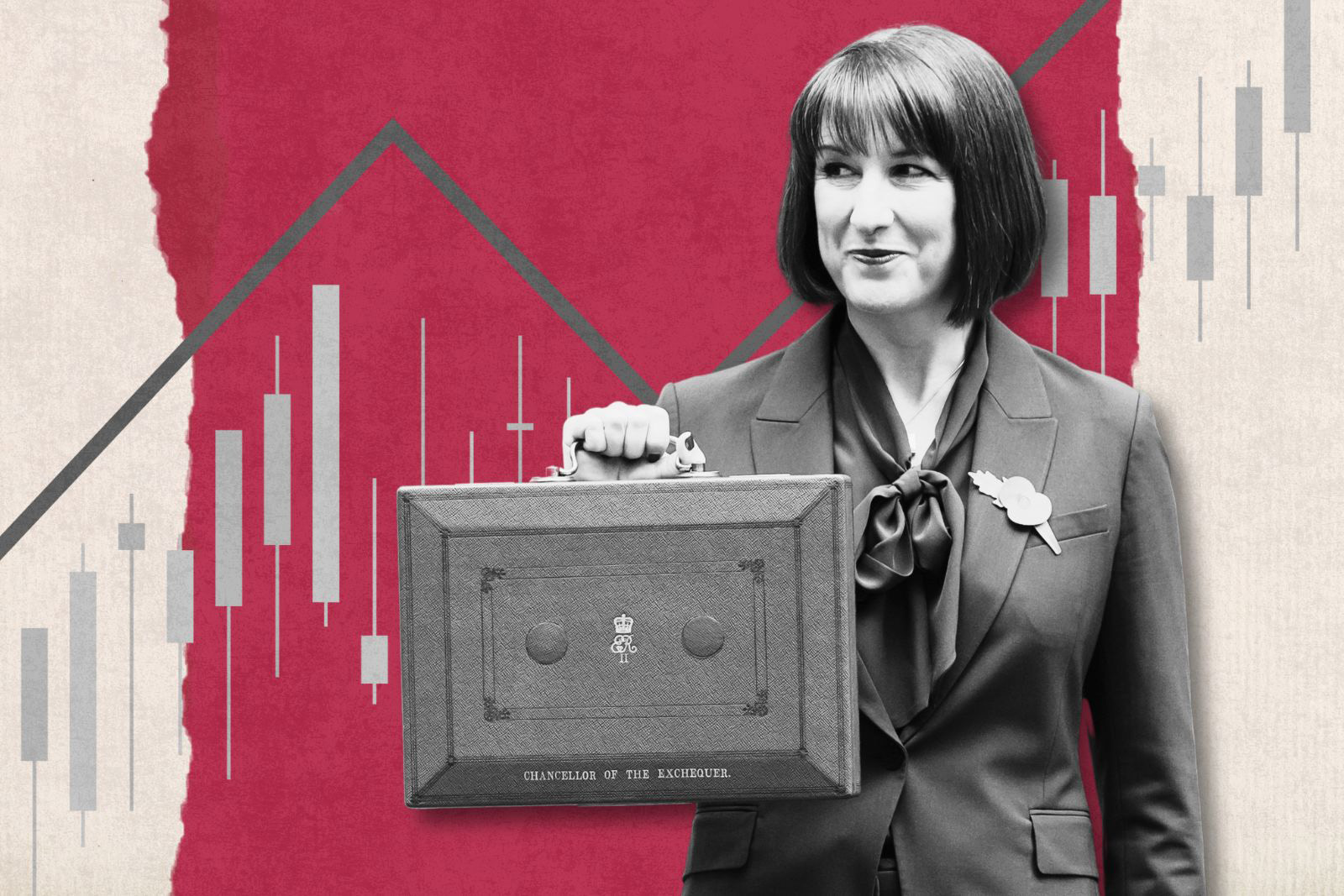Rachel Reeves’s first budget was historic — but the debate is eerily familiar
Labour’s first budget in nearly 15 years contained few surprises thanks to some judicious leaks. But who will win the spin war?
–

Budget day is always a whirlwind at Westminster. It’s the moment government policies meet cold, hard numbers, setting the direction for the months — if not years — ahead. Budgets establish the financial blueprint for departments, set the tone for an administration and, as history has shown, can make or break political careers.
The last time Labour had the reins, Alistair Darling was the chancellor. It was 2010, the aftermath of the global financial crisis was still unfolding, and a young, ambitious David Cameron sat opposite him on the benches. Nearly 15 years later, the world has changed, but the government finds itself confronted with the same challenge: balancing the books.
Rachel Reeves’s budget today was historic — Labour’s first in more than a decade, and the first delivered by a female chancellor. Yet the troubled state of the nation’s finances is eerily familiar. Reeves was clear that this budget was about addressing what she called Labour’s “inheritance” from the previous government. She insisted this wasn’t a return to austerity and, indeed — having gone through it myself page by page — it appears we instead have a budget of big taxes, big borrowing and big spending.
The biggest eyebrow-raiser is the record £40bn in tax hikes — the largest in modern history, surpassing even Norman Lamont’s hike of £33bn (in today’s terms) in 1993. More than half of that will come from an increase in employer national insurance contributions, set to bring in a substantial £25bn. We knew this was coming; Treasury insiders have told me that a steady stream of leaks and announcements leading up to the budget were intended to ensure the markets were not spooked, to avoid any repeat of the turmoil seen after Kwasi Kwarteng’s ill-fated “mini-budget” in 2022.
Nonetheless, this rise is significant. Labour argues that it aligns with the manifesto promise to avoid tax increases for working people. But the independent Office for Budget Responsibility has cautioned that its costs will likely trickle down to consumers through higher prices and may even put pressure on wages and job supply. “I know this is a difficult choice,” Reeves acknowledged when introducing the hike. “I don’t take this decision lightly.”
Changes to capital gains tax and VAT on private schools were also on the docket, justified by Labour as necessary given the hand it had been dealt. This claim has its critics. The Institute for Fiscal Studies (IFS) had warned during the campaign that both major parties were downplaying the country’s economic challenges. The IFS described it as a “conspiracy of silence”, with neither side acknowledging the post-election tax hikes, cuts or increased debt that were all but inevitable. As predicted, we’re seeing a mix of all three.
This budget also introduced a new measure for assessing the UK’s debt position, allowing the Treasury to borrow more for capital investment. The government announced significant funding boosts for the NHS and education, alongside plans for HS2 to finally reach Euston. Yet, outside these protected areas, departments across Whitehall are expected to do more with less. Reeves has increased departmental funding by 1.5% in real terms, slightly more than her predecessors’ 1%. But, with demands for services continually rising and budgets having already been hit hard over recent years, insiders warn that cuts will still be necessary.
For the lowest-paid workers, still struggling with an ongoing cost of living crisis, there was at least a win: a 6.7% increase to the national living wage, translating to more than £1,400 a year extra for full-time workers. Unions have celebrated the wage increase, with the Trades Union Congress stating it would “make a real difference”. Paired with higher employer contributions, however, it could prove to be extremely challenging for small businesses, who will now see their costs rise on two fronts. When I spoke to the Recruitment and Employment Confederation for ITV News, it voiced concerns that small and medium-sized businesses, already struggling, might be forced to cut back on staff or hours to offset rising costs.
Rishi Sunak, in what may be his final appearance in frontline politics, launched a furious response to the budget, accusing Labour of betraying voters and “fiddling the figures”. He condemned the tax hikes as broken promises, arguing that the “black hole” Labour says it inherited is a fiction. “They’ve raised taxes to record levels,” Sunak said. “They’ve broken their promises, and it’s working people who will pay the price.”
With both sides firmly in spin mode, the real contest now is over who will be blamed for the consequences. Labour maintains this budget is all about dealing with past mismanagement, while the Tories insist the economy was stable before it left office, arguing that Labour’s choices are political, not inevitable. In the end, public perception will be everything. How this budget is framed, and who is seen as responsible for the ups and downs, may ultimately decide whether Reeves’s budget pays off or falls flat.
Shehab Khan is an award-winning presenter and political correspondent for ITV News.
Topics
Get the Hyphen weekly
Subscribe to Hyphen’s weekly round-up for insightful reportage, commentary and the latest arts and lifestyle coverage, from across the UK and Europe
This form may not be visible due to adblockers, or JavaScript not being enabled.